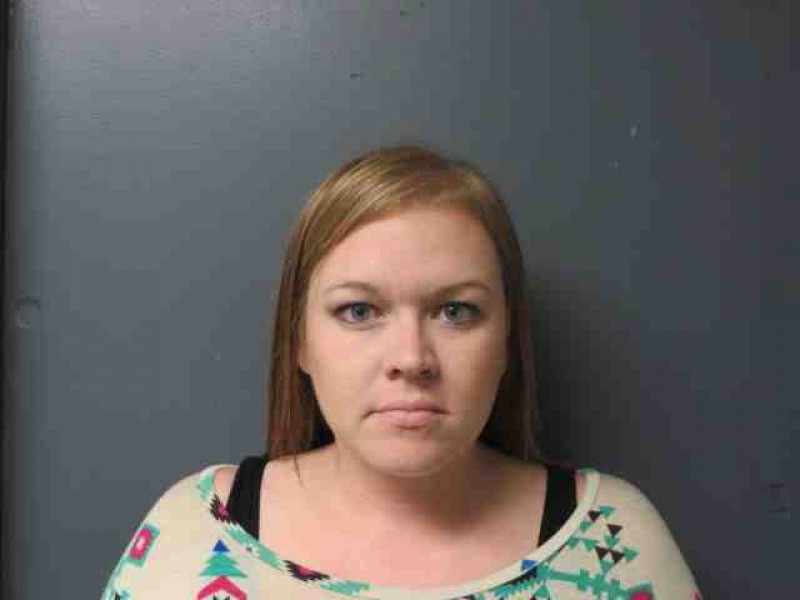guest blog by Deborah Goonan
Although not widely reported in the news, Federal and local governments, working with private investors, have created a yet another privatization plan to “save” Affordable Housing in America. The Department of Housing and Urban Development (HUD) has begun a pilot program known as Rental Assistance Demonstration (RAD), which they claim promises to preserve our dwindling, aging stock of Public Housing, much of it constructed in the 1960s and 1970s.
Although affordable housing provides a safety net to over 2 million low-income Americans, it has become politically unpopular in Congress, and Federal funding has dropped significantly over the last 2 decades. Insufficient appropriations to local housing authorities has, in turn, led to deterioration of aging structures, with the loss of over 300,000 HUD units. One recent study estimates an additional $26 million is needed to adequately preserve existing Public Housing infrastructure. Proponents of RAD (HUD and a group of interested Developers) claim that private capital funding is necessary to preserve the remaining 1.2 million affordable units.
Adopted in 2012, HUD seeks to privatize up to 60,000 existing affordable housing units through 2015. Under RAD, local government housing authorities can now leverage equity in aging multifamily properties to obtain private mortgage funding from investors. You read that right – in an effort to fund expensive repairs and remodeling as a result of years of deferred maintenance from lack of public funding, the government is now willing to allow local governments to take out the equivalent of private home equity loans on Public Housing.
RAD also provides long term rent subsidy contracts to owners to cover the difference between actual operating costs and the amount of subsidized rent paid by low-income tenants. But the local housing authority is not required to maintain public ownership. Certain deals financed through the Low Income Housing Tax Credit (LIHTC) program will transfer ownership from local governments to private, for-profit owners, while also providing tax breaks for private developers.
Note the parallel to HOA-Land: HOAs are supply-side driven by local governments seeking ways to increase property tax revenue through development of private communities. The rise of HOAs is a direct result of underfunded local governments, state-imposed caps on tax increases, and reduction in Federal funding. Private developer-controlled HOAs, first regarded by local government leaders as saviors, are now seen as indispensable Cash Cows.
Similar Fundamental Flaws
But, in addition to strikingly parallel motivating factors that led to the proliferation of HOAs, the RAD pilot program contains several fundamental flaws.
First, skeptics, myself included, envision that investors will simply cherry-pick the most profitable projects in prime locations. Investors are in business to make a profit, first and foremost. Properties in less desirable locations, or in greater need of renovation, would be least likely to attract private investment.
Second, as currently written, with significant input from Developers and Real Estate Investors, RAD only guarantees Federal subsidy funding of half of all affordable units, unless those units are reserved for elderly or disabled tenants. Critics say that will either lead investors to favor elderly and disabled tenants over families with children, or result in a net loss in affordability of 50% of existing units, as existing tenant agreements expire. The unfunded units are likely to end up with either minimally affordable rates or market-rate rents. Thousands of tenants are likely to be displaced.
Third, because RAD is essentially an equity line of credit for taxpayer subsidized housing, the risk of foreclosure is very real. There are no loan guarantees provided by either FHA or HUD. So if the Federal government shuts down again, as it has in the past, and stops the flow of monthly subsidy checks to the owners, defaults could occur. If the property is not properly managed, and falls into financial distress, it may either be reacquired by HUD – on the taxpayer’s dime – or acquired by a third-party private bank or owner. That would terminate the subsidy contract and leave the door open for the new investor to convert the property to a market-based or high-end rental property, or possibly even luxury condominiums or commercial property.
Fourth, RAD relies heavily on HUD’s duty to enforce its standards and regulations. But as an executive branch agency, political considerations typically lead to weak enforcement of toothless regulations. HUD has a history of inconsistent enforcement of its own regulations. Additionally, tenant advocates are very concerned about the lack of Constitutional protections that result from private contracts affecting residents.
Sound familiar?
I can say with confidence that the critics are right to be skeptical of privatizing Public Housing. As we see with the proliferation of HOAs, Developers and real estate investors do cherry pick prime properties, then seek to convert them to higher-profit use, displacing thousands of owners and tenants alike.
Private management of HOAs has resulted in fiscal distress and failure for many communities. The only reason more HOAs have not defaulted is because they are able to assess the owners as needed, and confiscate homes through foreclosure for non-payment of those assessments. Low-income tenants cannot be assessed to make up for a budget shortfall, so poor fiscal management will certainly result in foreclosures in times of economic stress.
CAI has convinced the majority of our Courts that HOAs are private corporations and not state actors subject to Constitutional constraints. States generally fail to adequately enforce HOA regulations, even where regulatory executive-level agencies exist. HOA legislation is scoffed at by corporate interests and merely provides the illusion of consumer protection.
RAD is only an experiment at this point. But so were HOAs before 1973.
References for more information:
Risks vs. Rewards: Inside HUD’s Favorite New Program
http://nextcity.org/daily/entry/public-housing-privatized-hud-rad-section-8
Private Funding, Public Housing: The Devil in the Details
http://www.vjspl.org/wp-content/uploads/2012/06/2.20.14-FINAL-LAYOUT-Private-Funding-Public-Housing_Smetak.pdf

